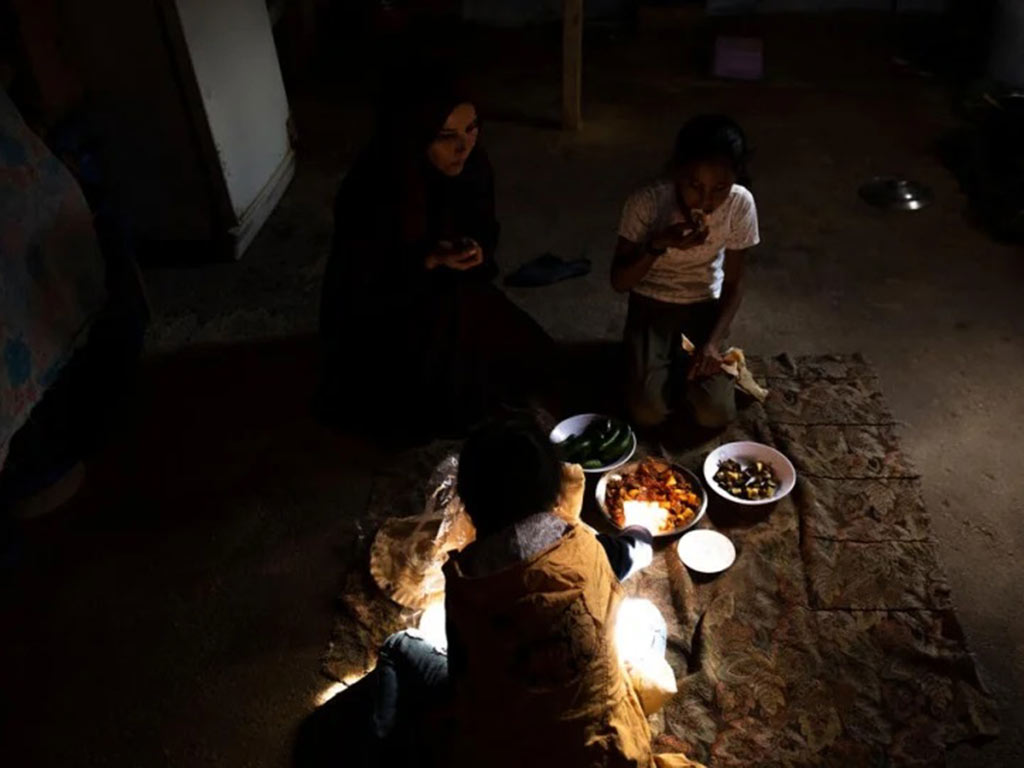According to the United Nations Refugee Agency (UNHCR), preliminary findings of the 2022 Vulnerability Assessment reflect food insecurity in Syrian households on Lebanese soil, with even the most basic needs out of the reach of the majority.
Due to the crisis in the nation, adults eat less and for this reason they also reduce health and education expenses to prioritize food purchases.
The UNHCR analysis detected that a large part of refugee families have large debts as they borrow money, and 87 percent of them mentioned food as their main priority, followed by housing and medical care.
The assessment showed that 60 percent of Syrian children between the ages of six and 14 were attending school regularly by 2022, with the attendance rate dropping to eight percent for adolescents at the upper secondary level.
Additionally, less than half of the babies under five months of age are exclusively breastfed and only 11 percent meet the minimum number of meals and food groups per day.
According to UNHCR, six out of 10 Syrian refugee, boys and girls, experienced violent disciplinary methods.
In the midst of this scenario, United Nations entities such as the World Food Program, the Children’s Fund and UNHCR request support and protection for vulnerable families.
djrr/llp/jcm/yma










